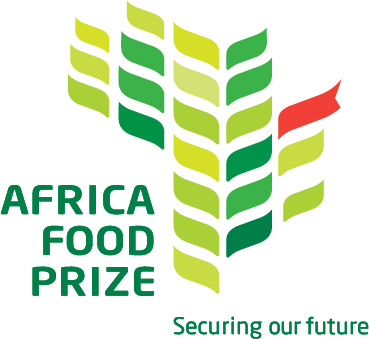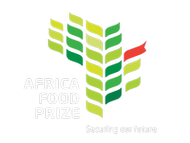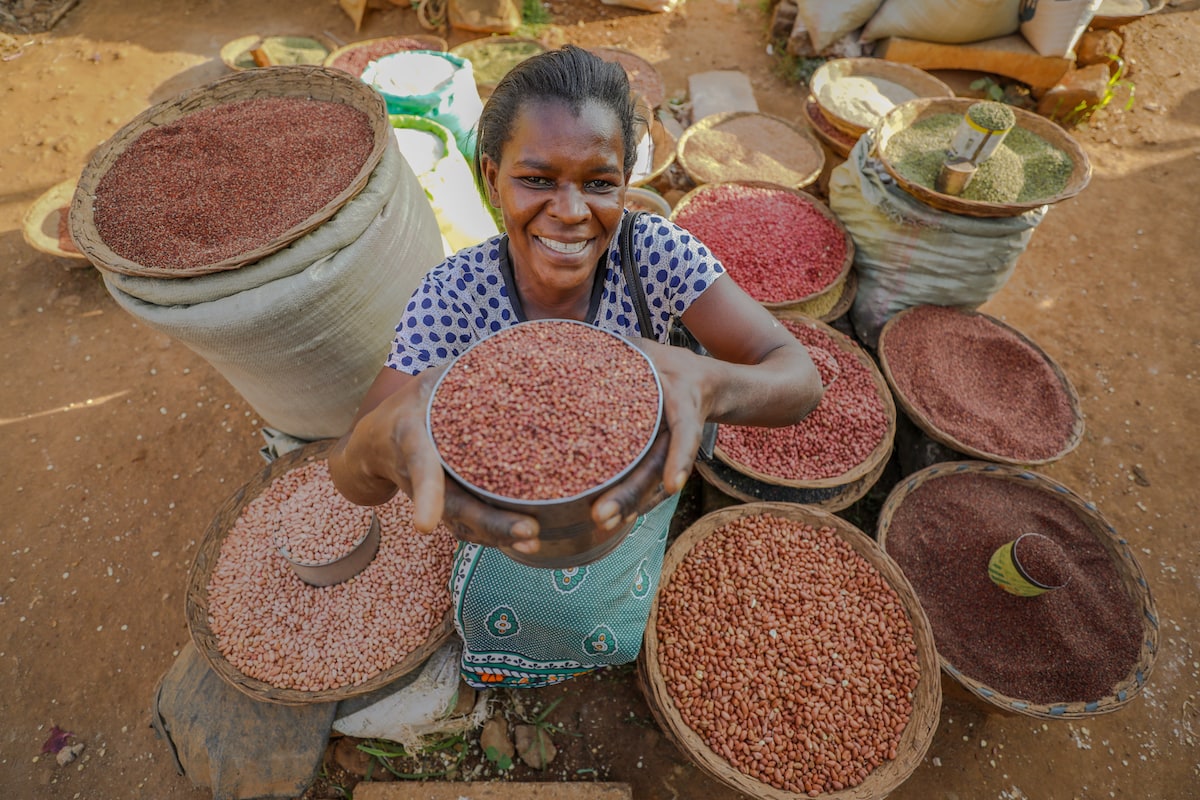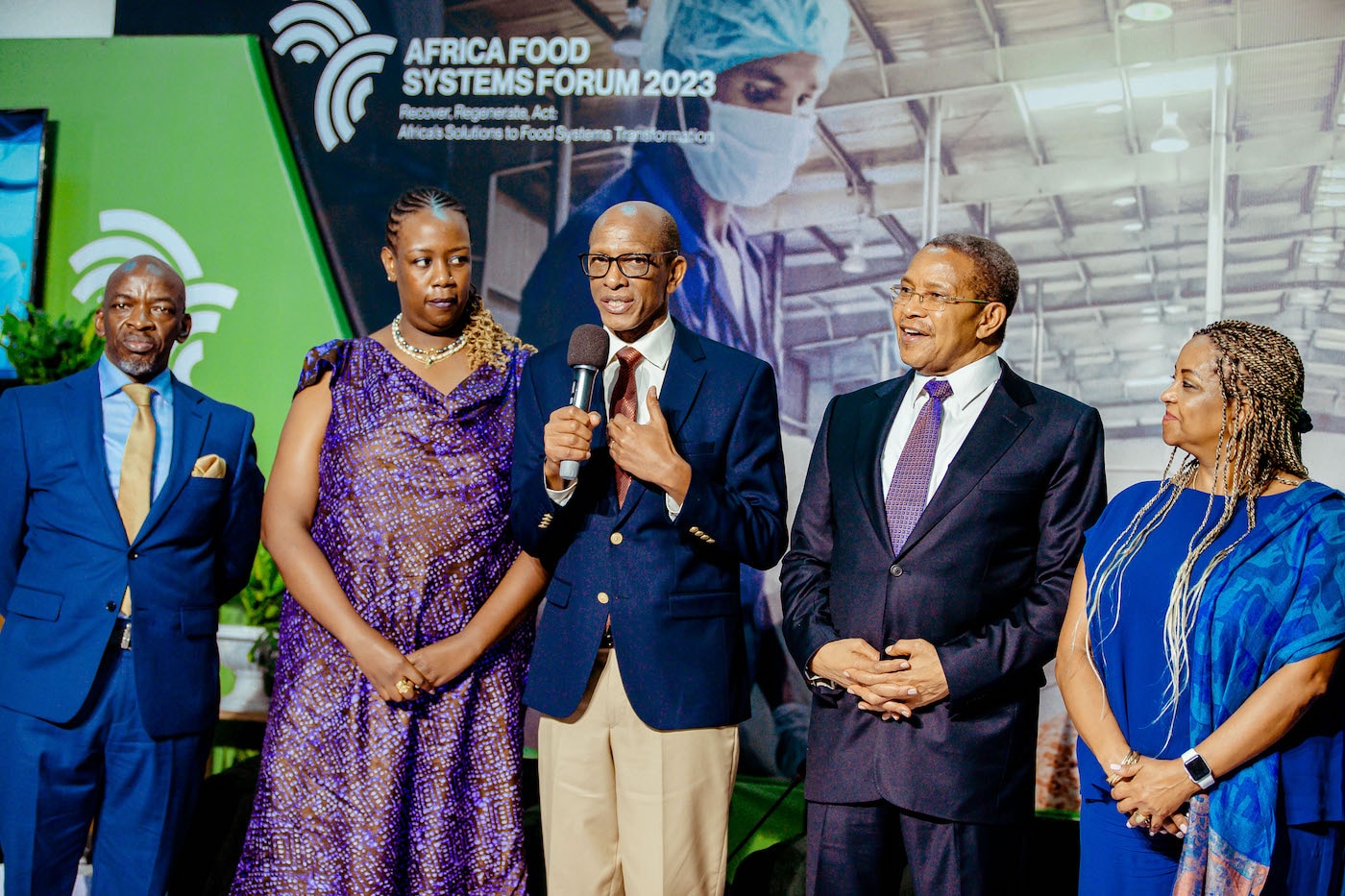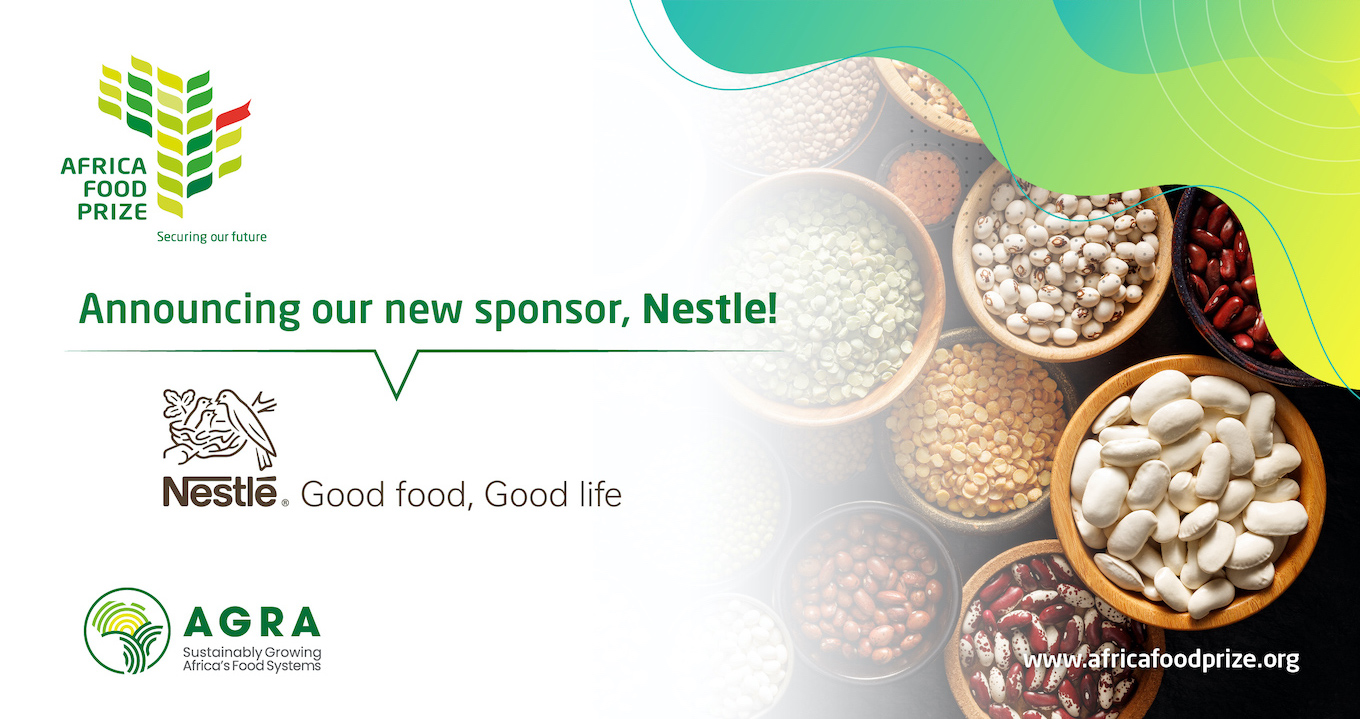The International Crops Research Institute for the Semi-Arid Tropics (ICRISAT) was awarded the 2021 Africa Food Prize, for developing 266 improved legume varieties. Collaborating with International Center for Tropical Agriculture (CIAT) and International Institute of Tropical Agriculture (IITA), ICRISAT produced almost half a million tons of seed for a range of legume crops, including cowpeas, pigeon peas, chickpea, common bean, groundnut, and soybean. Improved seed varieties helped over 25 million smallholder farmers to become more resilient to climate change, pests, and diseases, consequently contributing to food security across 13 countries in Africa.
In continuation of this work, ICRISAT leveraged the gains from the tropical legumes project through the CGIAR Research Program on Grain Legumes and Dryland Cereals (CRP-GLDC) till 2021 and continues to build on lessons learned through various initiatives. In addition, for the period between November 2018 to August 2021, ICRISAT continued improving food security through the Accelerated Varietal Improvement and Seed Delivery of Legumes and Cereals in Africa (AVISA).
The GLDC program worked on 10 improved varieties of crops such as chickpea, cowpea, pigeon pea, groundnut, lentil, soybean, common bean, sorghum, pearl millet, and finger millet in African countries: Burkina Faso, Ethiopia, Ghana, Malawi, Mali, Mozambique, Niger, Nigeria, Sudan, Tanzania, and Uganda. A total of 304 improved varieties of legume crops were developed in 15 countries in Africa, India, and Bangladesh.
Specific cases In African countries
- Improved groundnut varieties: In 2021, an impact study of improved groundnut varieties in Nigeria found that 30% of producers (or 1.8 million households) had adopted improved varieties, enabling about 290,000 households (or 1.5 million people) to exit poverty.
- Water and nutrient efficiency: In 2021, empirical analyses of rain-fed cropping systems in southwest Burkina Faso showed that cereals-legume intercropping increased the economic efficiency of crop production by about 40% to 133% compared to monocropping.
- Improved soybean varieties: In 2021, a study showed that adoption of improved soybean varieties and agronomic practices in Malawi led to a 4.16 % reduction in poverty, which equates to more than 150,000 people lifted out of poverty.
The AVISA project was implemented by three CGIAR centers (ICRISAT, IITA and CIAT) and seven National Agricultural Research Systems (NARS) programs (Ethiopia, Tanzania, Uganda, Burkina Faso, Ghana, Mali and Nigeria) led by ICRISAT. The goal was to increase genetic gains through the reorganization of breeding programs and revitalize seed production and delivery systems in sorghum, pearl millet, groundnut, cowpea and common bean. Results include:
- Digital seed production roadmaps developed for 231 varieties
- Promotional activities benefiting 16,486,446 farmers in the seven countries
- Distribution of 184,461 small seed packs and 2,684 integrated striga and soil fertility management kits
- Production of 444.9 tons of breeder seeds, 6,424.6 tons of foundation seeds and 66,359.9 tons of certified/QDS seeds were through innovative seed production and delivery models that allowed active participation of women and youth together with private sector entrepreneurs, notably seed companies
- Delivery of 12,132 tons of certified seeds/QDS seed with added inputs (seed dressing, fertilizers and pesticides, etc.) to farmers over the two and a half years of the project.
The three CGIAR centers consolidated their breeding activities by establishing Regional Crop Improvement Hubs (RCIHs). ICRISAT set up two at Matopos (Zimbabwe) and Samanko (Mali), and two others were set up with CIAT at Kawanda (Uganda) and with IITA in Kano (Nigeria). The project enabled NARS partners to implement country breeding program improvement plans.
The project enhanced breeding efficiency through 66% digitization and 80% of developing standard operation procedures. 1195 trials were generated and uploaded into the breeding management system. The robust testing process resulted in submission of 456 lines to national trials and release of 18 varieties.
